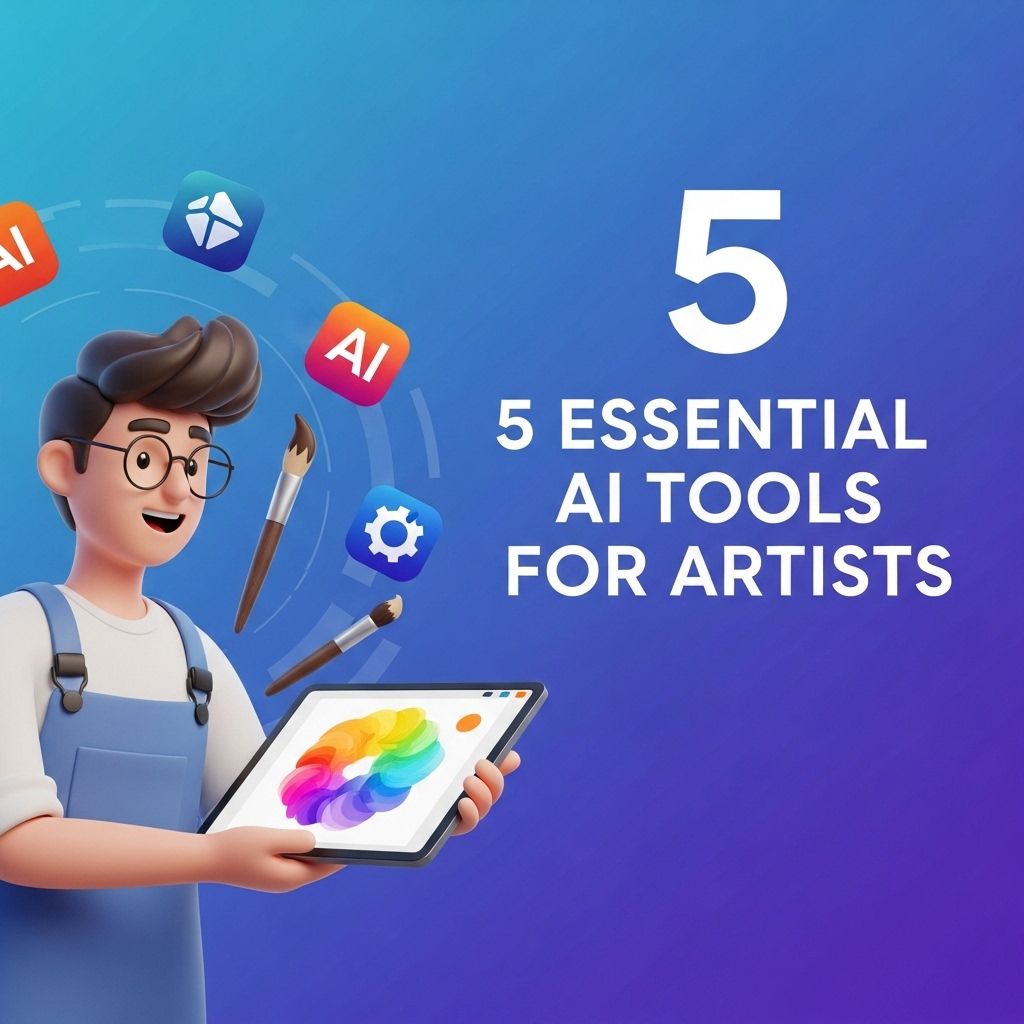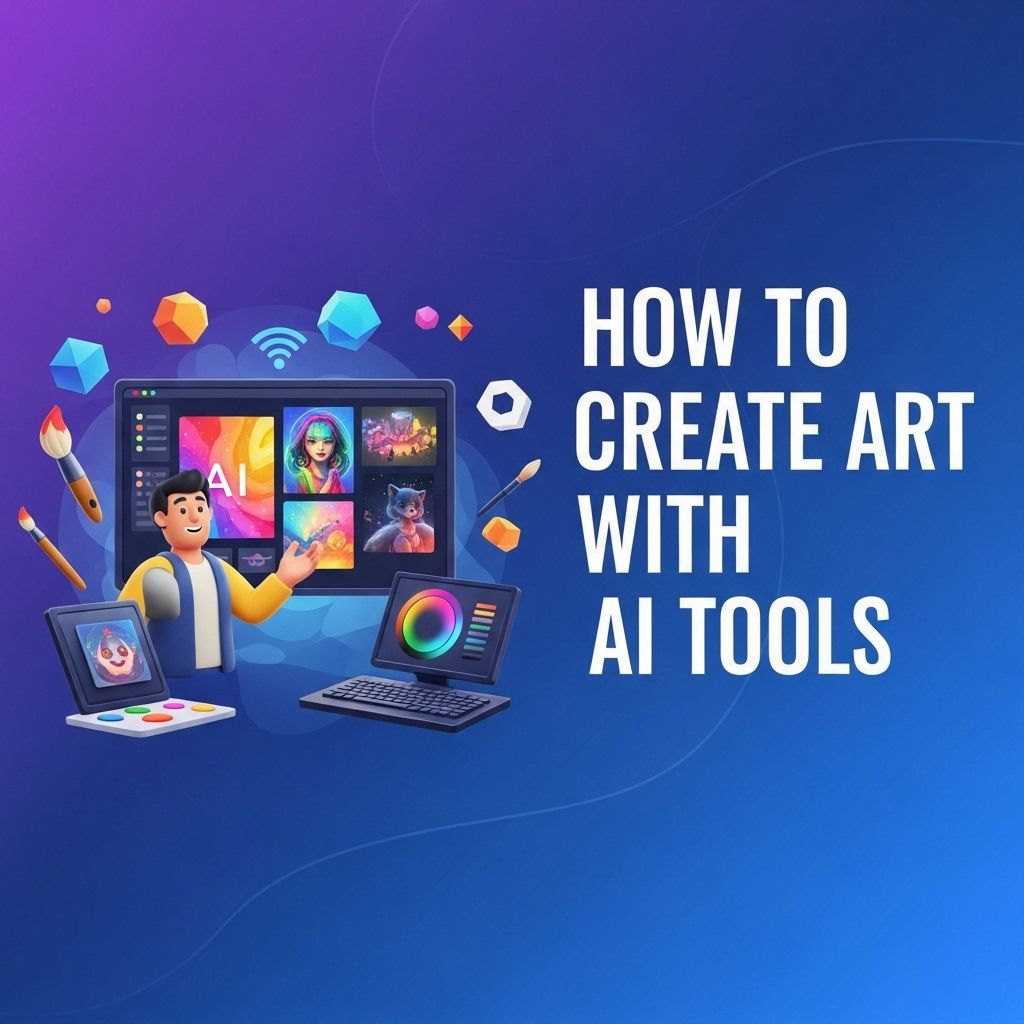Essential AI Audit Tools for Accountants
Discover the top AI audit tools that every accountant should use to streamline their workflow and enhance accuracy in financial audits.

In the rapidly evolving landscape of finance and accounting, the integration of Artificial Intelligence (AI) is transforming the way professionals manage data, ensure compliance, and conduct audits. With the increasing volume of transactions and regulatory requirements, accountants are turning to advanced AI audit tools to enhance their capabilities, improve accuracy, and streamline processes. This article will explore essential AI audit tools that every accountant should consider incorporating into their practice.
As the use of artificial intelligence becomes increasingly prevalent in accounting, professionals must leverage essential AI audit tools to enhance their accuracy and efficiency. These tools help in analyzing vast amounts of data, ensuring compliance, and identifying anomalies, thereby streamlining the audit process. For those interested in enhancing their branding, view 3D logo variations can add a modern touch to their practice.
Table of Contents
Understanding AI in Accounting
AI in accounting refers to the use of advanced algorithms and machine learning techniques to automate and enhance various accounting processes. These technologies can analyze vast amounts of data, identify patterns, and provide insights that human accountants may overlook. The trend towards automation is not just a fad; it’s becoming a necessity for firms wanting to remain competitive.
The Role of AI in Auditing
AI is revolutionizing the auditing process in several ways:
- Data Analysis: AI tools can analyze large datasets quickly and accurately, enabling auditors to focus on more complex tasks.
- Risk Assessment: AI algorithms can identify anomalies and potential risks in financial data, allowing for proactive measures.
- Efficiency: Automation of routine tasks such as data entry and report generation saves time and reduces human error.
- Continuous Auditing: AI facilitates real-time auditing, meaning that organizations can monitor their financial health continuously rather than during periodic checks.
Key AI Audit Tools for Accountants
Here are some of the most effective AI audit tools that can significantly improve the auditing process:
1. MindBridge Ai Auditor
MindBridge Ai Auditor uses AI to analyze financial transactions and identify anomalies. Its machine learning capabilities allow the tool to learn from past audits and improve its accuracy over time. Key features include:
- Automated risk detection
- Customizable dashboards
- Detailed reporting capabilities
2. CaseWare IDEA
CaseWare IDEA is a data analytics software used by auditors to analyze and visualize data. It provides tools for importing, analyzing, and reporting on financial data, making it easier for accountants to draw insights. Some notable features include:
| Feature | Description |
|---|---|
| Data Import | Supports multiple data formats, making it easy to bring in data from various sources. |
| Statistical Analysis | Includes built-in statistical functions to test hypotheses and detect anomalies. |
| Visualization Tools | Offers various charts and graphs to help users visualize data findings. |
3. ACL Analytics
ACL Analytics is a powerful tool for data analytics and audit management. It enables auditors to perform complex analyses with ease. The tool is particularly noted for:
- Risk Management: Helps in identifying and mitigating risks by analyzing transaction patterns.
- Collaboration: Allows team members to work together in real-time on audit projects.
- Compliance Monitoring: Assists in ensuring compliance with regulatory standards through continuous monitoring.
4. Xero Audit Trail
Xero is a cloud-based accounting software that includes an audit trail feature. This feature helps accountants track changes made in the financial records, ensuring transparency and accountability. Key aspects include:
- Real-time change tracking
- Automated logs of user activities
- Integrated compliance features
Best Practices for Implementing AI Audit Tools
To maximize the benefits of AI audit tools, accountants should consider the following best practices:
1. Training and Familiarization
Accountants should invest time in training to fully understand the capabilities and functionalities of the AI tools they are using. This can involve:
- Participating in webinars or workshops
- Accessing online tutorials and documentation
- Engaging in hands-on practice with the software
2. Integration with Existing Systems
AI audit tools should seamlessly integrate with existing accounting systems and software to ensure the smooth flow of data. This may involve:
- Conducting compatibility checks
- Consulting IT professionals for integration assistance
- Regularly updating systems to accommodate new tools
3. Continuous Monitoring and Feedback
Implementing a feedback loop to review the effectiveness of AI tools can enhance their performance. Accountants should:
- Gather feedback from team members on tool usability
- Analyze audit results post-implementation
- Make necessary adjustments to workflows based on the findings
Future Trends in AI for Auditing
The future of AI in auditing looks promising, with several trends likely to emerge:
- Increased Use of Predictive Analytics: AI will become better at predicting potential audit issues before they occur.
- Greater Emphasis on Cybersecurity: As reliance on AI grows, so will the need to secure these systems against cyber threats.
- Enhanced User Experience: Tools will focus on improving user interfaces to facilitate easier navigation and operation.
Conclusion
AI audit tools are becoming indispensable in the accounting profession, providing enhanced efficiency, accuracy, and insights. By adopting these advanced technologies, accountants can not only meet the demands of modern auditing but also position themselves as forward-thinking professionals in a competitive landscape. As the integration of AI continues to grow, staying informed about the latest tools and best practices will be essential for success.
FAQ
What are AI audit tools?
AI audit tools are software applications that utilize artificial intelligence to enhance the efficiency and accuracy of audit processes by automating data analysis, risk assessment, and reporting.
How can AI audit tools benefit accountants?
AI audit tools can benefit accountants by reducing manual work, improving accuracy in financial reporting, identifying anomalies quickly, and providing deeper insights through advanced data analytics.
Are AI audit tools suitable for small accounting firms?
Yes, AI audit tools are suitable for small accounting firms as they can streamline operations, enhance productivity, and provide advanced capabilities typically reserved for larger firms.
What features should I look for in an AI audit tool?
Key features to look for in an AI audit tool include data analytics capabilities, real-time reporting, risk assessment tools, compliance tracking, and user-friendly interfaces.
How does AI improve the audit process?
AI improves the audit process by automating repetitive tasks, enhancing data accuracy, enabling predictive analytics, and allowing auditors to focus on high-risk areas and strategic decision-making.








